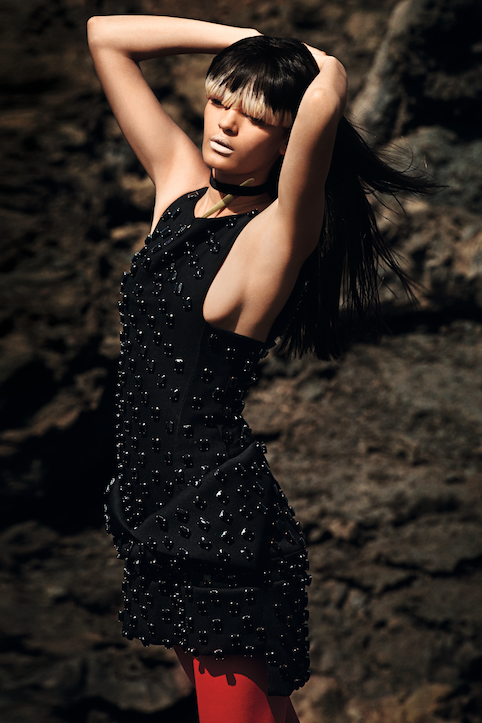Just as you stock up on body butter and moisturisers as the temps take a nosedive, your hair needs some TLC too. Winters make the hair dry, prone to static, and often lead to split ends and damage. “More often than not, the exposure to the harsh cold elements and constant transition to heated indoors can sap our hair of its moisture, leading to dull hair that’s more susceptible to damage. Not only are your strands at risk of breakage due to the dry, cold winter air, but scalp dryness, dandruff, can rear its ugly head during these drier months,” says Dr Pankaj Chaturvedi consultant dermatologist at MedLinks, New Delhi. Dr Chaturvedi says that UV rays are very harsh in the winter. He adds, “this can also degrade the protein of your hair, making it more fragile and prone to breakage.” With some minor tweaks to your hair care and styling routine, you can stop this damage in its tracks. Here’s how.
1. Switch to moisturising formulas
The simplest thing to do is to use a moisturising shampoo and conditioner, says Dr Chaturvedi. “Take into account where you live and what time of the year it is while picking hair products and reading labels,” advises Dr Chaturvedi. “While coconut oil will work wonders in a warmer season, richer oils that penetrate quickly into the hair such as almond, castor and olive might work better for dry, cold climate,” he says. Other things to look out for? “Wintertime products must include strand-strengthening ingredients like silk proteins, collagen and hyaluronic acid.”
2. Schedule a weekly deep-conditioning hair mask
“Commit to a weekly deep-conditioning hair mask,” says Maleeha Jafferbhoy, style director, Jean Claude Biguine. She recommends argan oil-infused masks as they work the best in moisturising the hair. “Hair masks are quick and easy to use and leave the hair hydrated soft with additional shine,” she adds. Hair masks are more nourishing than regular conditioners and are formulated to penetrate deeper into the hair shaft.
3. Don’t over-do the hair washing
To prevent an itchy and flaky scalp, shampoo less often than you are used to. Since you’re less likely to really sweat as much during this time, you can go longer. “Shampoo cleans but also strips the natural oils that help keep your hair moisturised and protected,” explains Jafferbhoy.
4. Use heat judiciously
Heat tools like straighteners and curlers can fry the strands, causing already dry and brittle hair to get that much drier. While air-drying might sound like the best solution, it may not be. Anything that is cold expands, and if you walk out of the shower with soaking wet hair, the hair shaft expands, putting it at risk for breakage. Jafferbhoy suggests blast-drying strands on the lowest heat setting after spritzing on a heat protectant.
5. Oil your hair often
A head massage stimulates the scalp and promotes blood circulation, which in turn impacts hair growth. If you’re not a fan of applying oil to your hair, oil-based leave-in conditioners or serums work too, as they seal in all the moisture into the hair shaft and prevent it from getting frizzy or prone to static.
6. Protect your strands from fabric damage
Are you wearing a woollen cap on your head or a scarf around your neck? All that rubbing up against hair can cause split ends, breakage and static. Pros suggest using a silk scarf if you have to wear wool over it, and moisturising the hair with a serum or leave-in conditioner before stepping out.
The article was first published in Vogue





